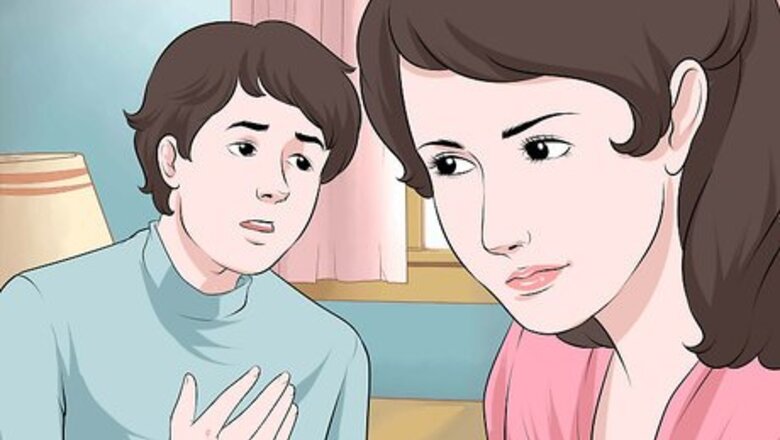
views
Having a Cold Demeanor
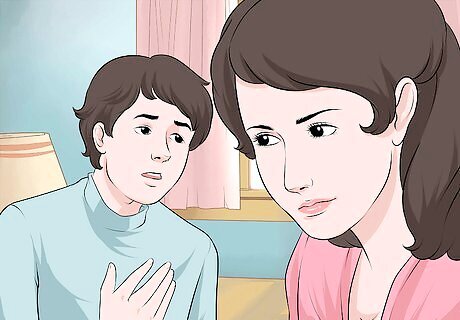
Don't smile often. Having a smile on your face looks inviting and warm, drawing people to you. It's more difficult to read someone's face when it has a serious expression. If you want to be cold, you should smile very rarely. You want people to look at you and wonder what you're thinking. Be generally expressionless and hard to read. When you do smile, keep it contained - don't break into a wide open grin. Keep your smile small and mysterious. Flash it every once in a while to keep people guessing what's going on in that head of yours. Straight men might benefit more from smiling less, as studies show that smiling men are less attractive to women.
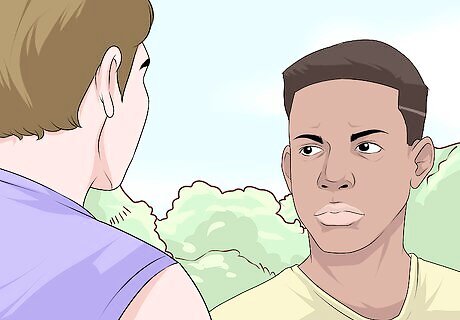
Master the icy glare. When someone crosses you, look them straight in the eye and crinkle your brow as if you are confused and perturbed by their behavior. Purse your lips ever so slightly to show your cool disdain. Lift your chin a little and look down past your nose. Don't let yourself look outright angry or upset. You want your expression to stay controlled, distant and cold as ice.
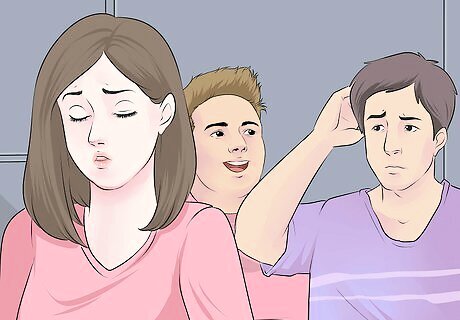
Use cool body language. Mastering the art of body language is key when it comes to being cold. Maintain an air of mystery and control by avoiding speaking when you can use a more subtle technique to communicate. Have excellent posture; stand up straighter than those around you. Don't be fidgety with your hands and feet. Don't play with your hair. When someone says something that annoys you, be expressionless and turn slightly away. Stop making eye contact. Shake hands lightly instead of hugging. Stiffen slightly when someone touches you.
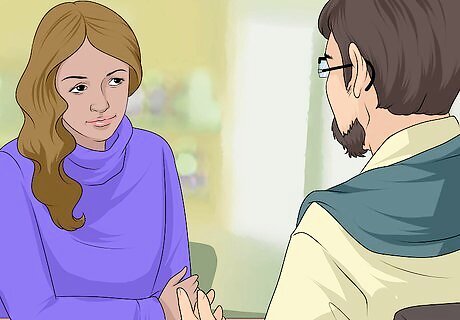
Speak in an even tone. When you do speak, don't let your voice rise and fall dramatically. Keep a cool, calm, even tone, even if you're feeling wildly happy or angry inside. Don't lose yourself in laughter or tears; keep it together and try not to convey too much emotion. Be aloof and detached whenever you're talking to someone.
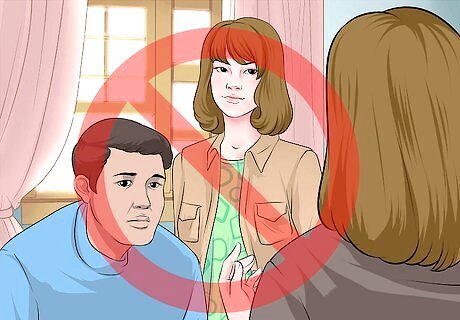
Don't talk about yourself. Keep some distance from those around you by not saying too much about your thoughts, feelings, habits and personal life. People who are cold don't tend to share in this way. Say only what you need to say, and avoid telling stories or jokes that might reveal too much.
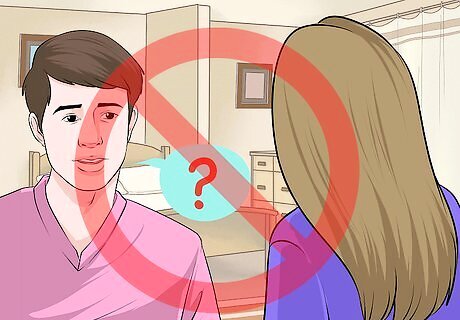
Don't ask a lot of questions. Asking other people questions implies that you care about them, and if your goal is to be cold, you want to have the opposite effect. You can exchange a few polite pleasantries, but avoid expressing too much interest. Make it seem like you're preoccupied with your own brilliant thoughts and ideas to discuss the trivialities of other people's lives.
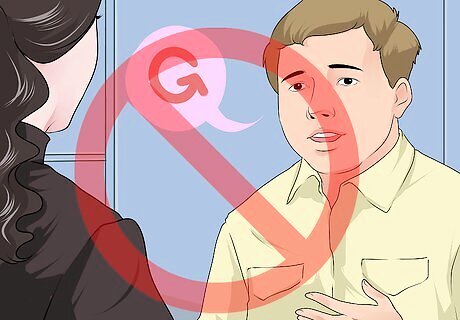
Never repeat yourself. If someone does not hear you the first time it's their own fault. You shouldn't have to repeat anything to anyone.
Having a Cold Attitude
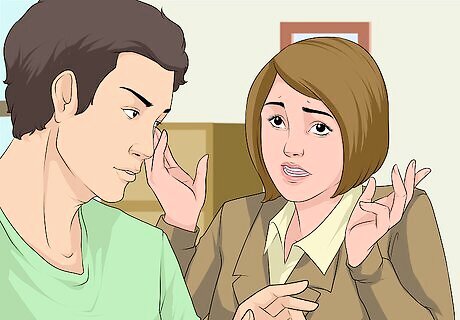
Be willing to hurt someone's feelings. When you don't smile, ask people questions, or express any positive emotions, people's feelings are almost guaranteed to get hurt. That's the price you'll have to pay for being cold. Resist the urge to apologize or comfort people when you realize they're offended or upset. If someone comes to you and asks why you were rude, gaze at him or her coolly and say you're not sure what they're talking about. If someone expresses sadness or anger, say "I'm sorry you were offended," then turn around and go about your day. Using this non-apology is sure to show the other person that you are quite cold. Beware giving too many people the cold shoulder. Studies show that people who ostracize others may feel as sad as the person being ostracized.
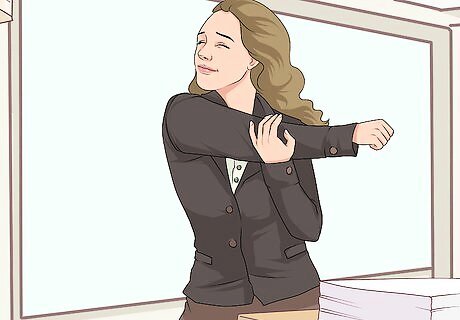
Be fiercely competitive. Work hard to be the best at everything you do, even if it means you aren't demonstrating good teamwork skills. Be ready with the smartest, quickest answers in your classes. Be relentless on the playing field during soccer practice. Excel at your job, even if others might look less capable as a consequence.
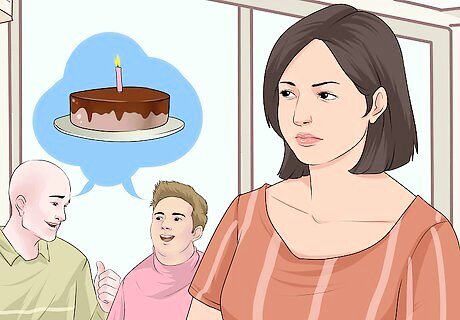
Be extremely practical and realistic. When other people are excited about a big tournament coming up, mention it's just a game, and really a waste of people's time. Don't express excitement over holidays and birthdays.
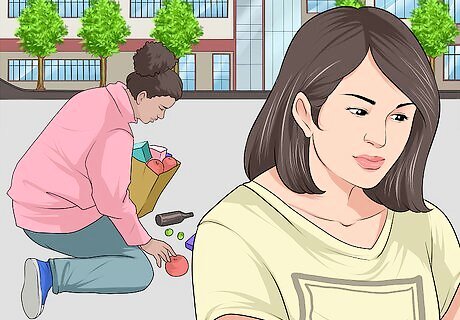
Don't bother helping. So the lady down the street drops all her groceries? Cross the street and look away, or walk right by her. If the first thing you think when someone asks you for help is, "Darn, why do I have to help?" Don't help. Don't second guess yourself, and don't let guilt affect your behavior. As a cold person, empathy and compassion aren't your forte.
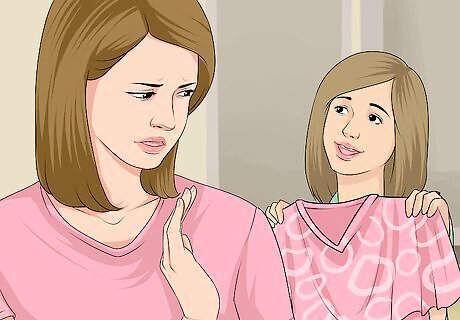
Be negative. For cold people, the glass is always half empty. Imagine you are walking on the sidewalk when a car rushes by and sprays dirty rainwater on you. What do you say? Not "Darn, my favorite shirt" or "Why me?" No, the correct answer is 'C': glare murderously and say "I hope you crash and die." Be critical of those around you. Don't give out compliments. If someone asks you if you like what they're wearing, avert your eyes and change the subject.
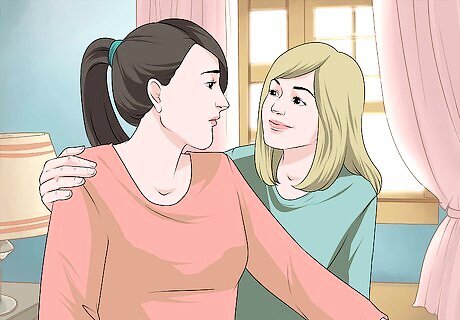
Be careful who you trust. Behaving coldly toward people is going to make you some enemies. As a consequence, there will be very few people you can trust. The only people you can really trust will be those who understand that you're not cold at heart.
Knowing When to Be Cold
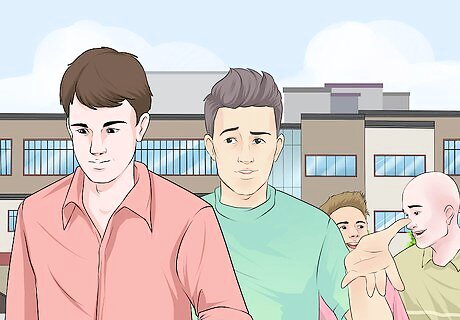
Be cold in public. It's usually pretty safe to be cold in a public setting. You might cause a few strangers to feel miffed, but that can be a good thing - especially if the strangers were trying to hit on you or get something from you. Being cold in public probably won't hurt your reputation or cause any long-term harm. That said, if you see someone in need of real help, lose your cold demeanor and lend a hand. Think about what you'd want someone to do for you in the same situation.
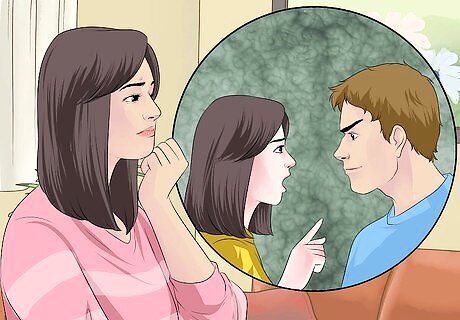
Be cold when it helps you excel. There are times when being cold can help you win an argument, close a business deal, or score the winning point. There's nothing wrong with having a tough, cold attitude when it comes to getting ahead - unless you're taking it so far that you do real damage to another person. It's important to think through the consequences of your attitude and actions.
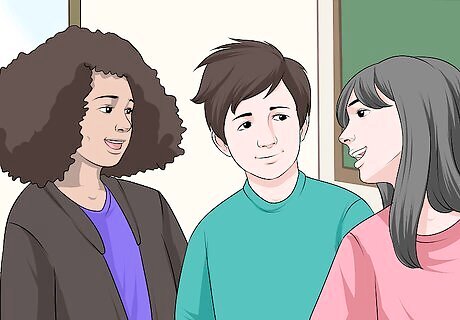
Don't be cold to your family and friends.The people who take care of you and are warm to you deserve the same in return. Being cold to family and friends will only make you feel isolated. After years of being treated coldly, it's likely that no one but your parents will still want to give you the time of day.
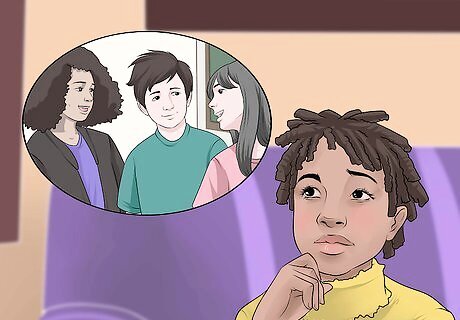
Beware getting a reputation for being cold. Being cold can have its benefits, but in the end, those who are generous, warm and charming attract the most friends. Since having good friends leads to lifelong happiness, you might want to consider cultivating these personality traits once you've experienced what it's like to be cold. Don't worry, you can still flash your icy side when the situation calls for it.




















Comments
0 comment